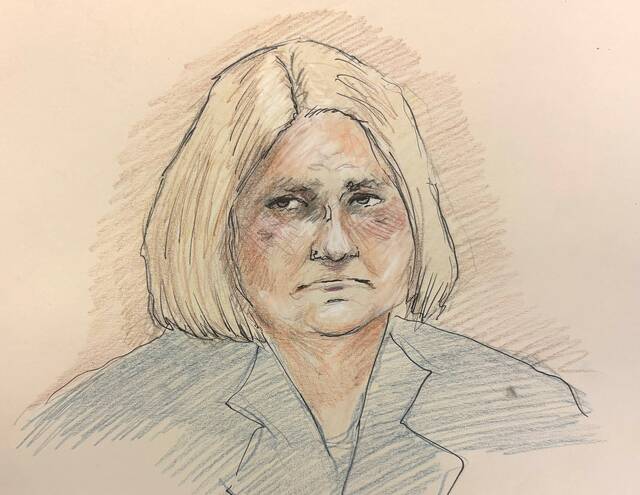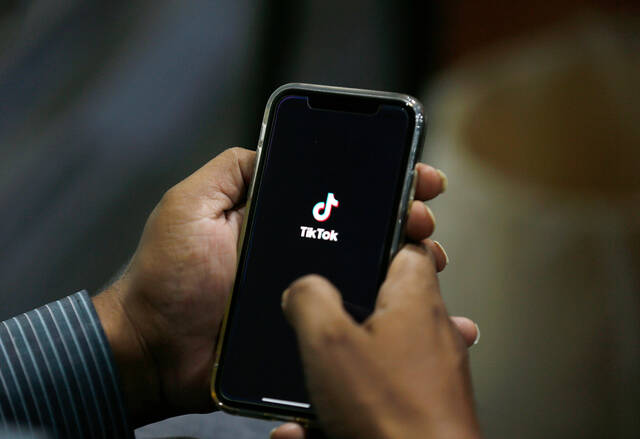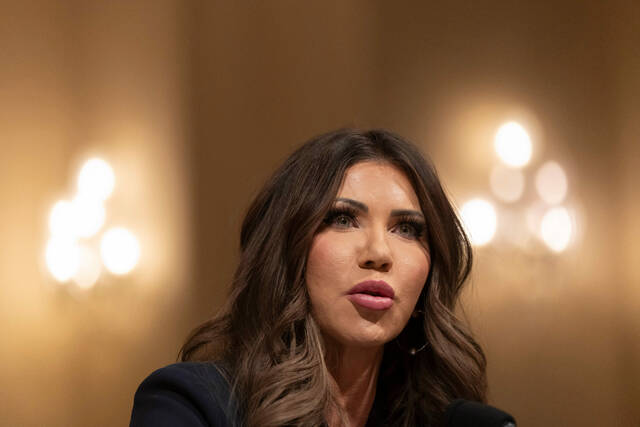No one can remember exactly when the University of Pittsburgh last offered an undergraduate degree in education.
But officials at Pitt say it is high time for a change.
They recently announced the university, which boasts a robust graduate school of education, will open a new bachelor’s program in education in fall 2023.
The announcement comes against the background of a critical teacher shortage across the nation and growing shortages locally.
Most agree the bachelor’s degree program that prepares graduates for life in the classroom was last offered at Pitt about 30 years ago. At the time, Pennsylvania colleges and universities, blessed with a wealth of teacher prep programs, were minting more than twice as many new teachers as the schools in the state could absorb. So there were few complaints when Pitt opted to drop its undergraduate program, keeping only a couple of small undergraduate programs at regional campuses and its graduate school of education in Oakland.
But, over the past decade, there’s been a stunning decline in enrollment in bachelor’s degree programs in education.
Beginning in 2011, enrollment in such programs and new education certifications — basically a state license that says a graduate is qualified to teach — began a precipitous decline. Today, only about a third as many students are enrolled in teacher prep programs in Pennsylvania as there were 10 years ago. And state records show new certifications are down by two-thirds over that period.
Sheila Conway, an associate professor who coordinates special education programs at Pitt, sat on the committee that recommended launching an undergraduate education program. She said it was clear Pitt can help fill growing voids in education, especially in special education, where there are shortages nationwide.
“So many districts don’t have (qualified special education teachers), and students with disabilities are suffering,” Conway said.
“I have over 100 students enrolled in an education minor, and, at the master’s level, we graduate 30-50 students a year. Most of my graduates have jobs immediately, and I have districts calling all of the time,” she said. “The need is so dire in the field, and we have such great undergraduates.”
The new Pitt program will offer six specialties, one in special education for grades pre K-12, as well as programs in math, social studies, science, foreign languages and English for grades 7-12.
While local school administrators say they can still fill most openings in elementary schools with no problem, hiring teachers with degrees in special education and math and science can be challenging. Finding substitute teachers is even harder.
Already, a shortage of substitute teachers has led schools across the nation to move to remote learning from time to time. Locally, Pittsburgh Public Schools was forced to go to remote learning Nov. 29 because of a staffing shortage and a lack of substitute teachers.
Chris Lilienthal of the Pennsylvania State Education Association said teacher shortages are a growing concern for the organization that represents teachers across Pennsylvania.
“Teachers are losing lunch periods and prep periods to cover when there are absences,” Lilienthal said.
He speculated such issues and pandemic-related stress have prompted some teachers to take an early retirement.
Mark DiRocco, executive director of the Pennsylvania Association of School Administrators, said his members see the impact of the growing teacher shortage every day.
“It is not looming. It is here in spades,” DiRocco said. “And we do not have enough people in our colleges today. Education is in more of a crisis than most people realize.”
He called Pitt’s announcement a welcome development.
A number of factors might have contributed to the exodus from teaching prep programs in Pennsylvania.
For years, the overabundance of new teaching graduates led many to opt for careers outside education or move out of state to find teaching jobs.
As the cost of college soared and student debt became a national issue, students and families began to have second thoughts about where to focus their studies. Teaching apparently began to look less than promising in Pennsylvania in 2011, when state budget reductions prompted schools to furlough about 4,000 teachers across the state. Although that number eventually was reduced, it was a cautionary tale.
DiRocco said the current vitriol aimed at schools over masks and vaccine policies hasn’t helped.
“We’ve got to quit making schools a scapegoat for national politics,” he said.
Conway conceded education has taken a bad rap in recent months. But she said the pandemic also shined a light on the important role teachers play in the fabric of American life and how they can be change agents ushering in greater justice and equity.
Pitt officials say they want to emphasize that side of the profession, as well as the need to make it more inclusive. They said opening a program to students who want to enter the classroom without the additional cost of a graduate degree should make it more attractive to first-generation students, minorities and students with disabilities.
Lilienthal said that’s an important issue.
“Pennsylvania trails just about every other state when it comes to recruiting teachers of color,” he said. “Only about 6.3% of our educators are teachers of color, while about one-third of our students are.”
Michelle Sobolak, a Pitt professor in charge of Teacher and Professional Education, said officials already are reaching out to upper-level high school students who have shown an interest in teaching.
Although the undergraduate education program won’t officially open until fall 2023, Sobolak said students can begin taking prerequisites immediately so they will be prepared to enter the program as juniors when it opens in fall of 2023.








